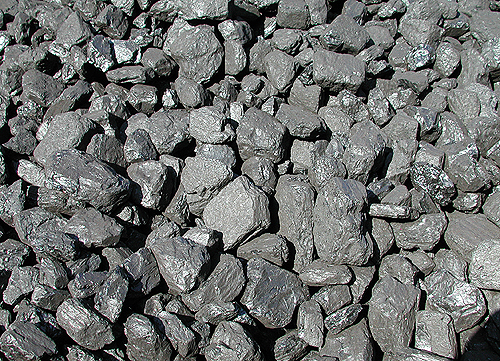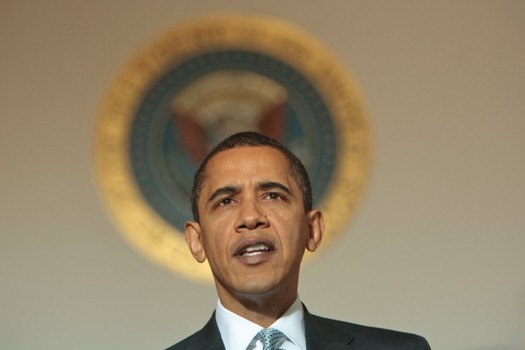Climate Politics
All Stories
-
What do you get when you buy a nuke? You get a lot of delays and rate increases….
Progress Energy said Friday it has pushed back by 20 months its schedule for bringing on-line two planned new nuclear reactors in Florida, after the Nuclear Regulatory Commission said its review of the plant site will take longer than expected. Progress also said it will spread out over five years certain early–stage costs for the […]
-
Kansas, without coal-fighting guv, approves new plant
Not in Kansas anymore.That better be one helluva of a health care plan you’re drafting, Kathleen Sebelius, because Kansas already misses you. The state approved a new coal-fired power plant today, undoing a signature environmental accomplishment of former Gov. Sebelius, who left the state last week to become President Obama’s Secretary of Health and Human […]
-
Memo to James Hansen: Your opposition to Waxman-Markey is ill-conceived and unhelpful
Climate Wire (subs. req’d) reports today: NASA’s leading climate scientist says he hopes that climate legislation proposed by Democratic Reps. Henry Waxman (CA) and Edward Markey (MA) to introduce carbon emissions trading to the United States fails. He says lawmakers should abandon cap-and-trade initiatives altogether and implement a simple carbon tax instead…. “Trading of rights […]
-
White House bombshell: Cap-and-trade for drilling offshore … California!
Buried inside The New Yorker’s profile of Peter Orszag, Obama’s budget director, is this stunning paragraph: Obama’s White House is filled with former members of Congress and congressional staffers. They are legislative strategists and dealmakers, and these days they often use the phrase “grand bargain” when asked how they expect to achieve their ambitious agenda. […]
-
A website I guarantee you will waste time on and quote, although I’m not sure to what end
Capitol Words “lets you see what are the most popular words spoken by lawmakers on the House and Senate floor.” It uses the Congressional Record to give “you an at-a-glance view of which issues lawmakers address on a daily, weekly, monthly and yearly basis,” by “Congress as a whole, by state delegation or by specific […]
-
Wolf delisting takes effect today
Photo: Thomas Roche via Flicker Wolf-people, give a howl for your lupine brethren, who lose federal protection under the Endangered Species Act in much of the northern Rocky Mountains and upper Midwest today. The Obama administration, in one of its least popular moves with environmentalists, upheld a Bush era decision that gray wolves have returned […]
-
Heritage Foundation pushes ‘completely untrue’ attack on clean-energy jobs with a panel
The Heritage Foundation held a panel [today] titled “Busting the Myth of Green Jobs” to show that the experience of Spain is “more a cautionary tale than a blueprint for success.” Instead of showcasing the views of unbiased academics and economists, the Heritage Foundation put forth a panel of individuals financially connected to ExxonMobil. Conservatives […]
-
Obama to meet with swing Dems on climate and energy bill
President Barack Obama is inviting key House Democrats to the White House on Tuesday to discuss the Waxman-Markey climate and energy bill, as well as health care and other issues. Obama is expected to encourage the Democrats — many of whom have expressed concerns about the climate bill — to come to consensus around it. […]
-
Climate bill is now a longer shot than ‘Mine That Bird’
It looks like President Obama, the horse whisperer of American politics, is finally going to weigh neigh in to get the mudders of the House Energy and Commerce Committee galloping to the finish line. For people who haven’t been paying close attention, Senate Majority Leader Harry Reid (D-NV) keeps dropping bigger and bigger hints that […]
-
Undecided reps on House panel hold key to climate bill
The authors of the House climate and energy bill will be courting undecideds over the next couple of weeks as they try to get their legislation passed by the House Energy and Environment Subcommittee. Reps. Henry Waxman (D-Calif.) and Ed Markey (D-Mass.) want to make these potential swing voters happy while preserving the integrity of […]




